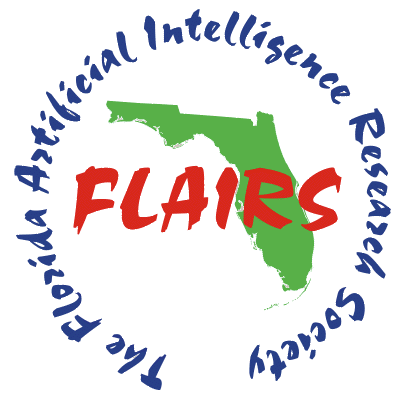Adapted Contrastive Predictive Coding Framework for Accessible Smart Home Control System Based on Hand Gestures Recognition
DOI :
https://doi.org/10.32473/flairs.37.1.135673Mots-clés :
hand gestures, Contrastive learning, contrastive predictive coding, smart home, recognition, computer visionRésumé
Smart home control systems have been widely used to control multiple smart home devices such as smart TVs, smart HVAC, and smart bulbs. While targeting the design of a smart home environment, the accessibility of the entire system is crucial to achieving a comfortable and accessible environment for all home individuals. Thus, in this paper, we are aiming to improve the daily quality of life of the elderly and Disabled individuals by improving the user experience of a vision-based accessible home control system based on an integrated self-supervised and supervised learning framework that provides a robust capability of extracting the features to enhance the overall performance via adapting the contrastive predictive coding concepts and deep learning for real-time hand gesture recognition system. The proposed framework provides an accessible smart home control system with a significant improvement in the user experience.
Téléchargements
Publié-e
Comment citer
Numéro
Rubrique
Licence
© Nelly Elsayed, Constantinos L. Zekios, Navid Asadizanjani, Zag ElSayed 2024

Cette œuvre est sous licence Creative Commons Attribution - Pas d'Utilisation Commerciale 4.0 International.


